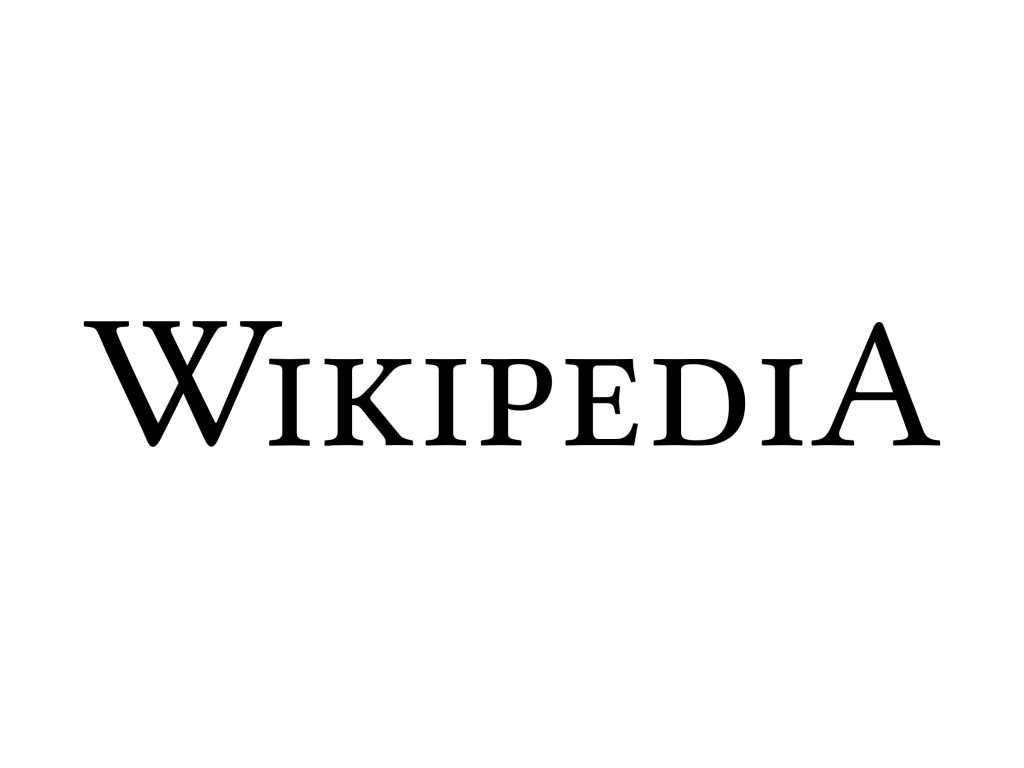When people search for Wikipedia No, they often look for information about Norway (Wikipedia på norsk), also referred to as Norsk. It is the Norwegian-language edition of Wikipedia, the free online encyclopedia that anyone can edit. is a global platform, and each language has its own version. The Norwegian is among the significant contributors to knowledge-sharing in the Nordic region.
What is Wikipedia?
Wikipedia is a free, web-based encyclopedia supported by the non-profit Wikimedia Foundation. It was launched on January 15, 2001, by Jimmy Wales and Larry Sanger. Today, Wikipedia has grown into one of the most visited websites in the world, hosting more than 60 million articles in over 300 languages.
What Does “Wikipedia No” Mean?
The abbreviation Wikipedia No refers to Wikipedia Norge, the Norwegian-language edition of the encyclopedia. In ISO language codes:
- “no” = Norwegian
- “nn” = Norwegian Nynorsk
- “nb” = Norwegian Bokmål
This means Wikipedia has two official Norwegian versions:
- Norsk Bokmål (nb.wikipedia.org)
- Norsk Nynorsk (nn.wikipedia.org)
Together, they are sometimes referred to as Wikipedia No because they represent the Norwegian-speaking community.
History of Wikipedia No
- 2001: Wikipedia is launched in English.
- 2003: Norwegian editions of Wikipedia start growing.
- 2004–2005: The split between Bokmål and Nynorsk becomes official.
- 2025: Wikipedia No now hosts hundreds of thousands of articles, with active contributors from Norway and abroad.
Features of Wikipedia No
- Free and Open Access – Anyone can read it without cost.
- Community-Driven – Articles are written and edited by volunteers.
- Language Inclusivity – Both Bokmål and Nynorsk are supported.
- Reliable Sources Required – Articles must be verifiable.
- Neutral Point of View (NPOV) – Ensures unbiased knowledge.
Importance of Wikipedia No
- Helps Norwegian speakers access knowledge in their native language.
- Preserves the Nynorsk dialect and promotes linguistic diversity.
- Provides educational resources for students, researchers, and the general public.
- Connects Norway to the global Wikipedia community.
Calculation Example
Let’s calculate the article growth rate of Wikipedia No.
Suppose:
- In 2015, Wikipedia No (Bokmål + Nynorsk) had 450,000 articles.
- In 2025, it reached 650,000 articles.
Growth Rate Formula:
Growth Rate (%)=Final Value – Initial ValueInitial Value×100\text{Growth Rate (\%)} = \frac{\text{Final Value – Initial Value}}{\text{Initial Value}} \times 100Growth Rate (%)=Initial ValueFinal Value – Initial Value×100 Growth Rate=650,000−450,000450,000×100\text{Growth Rate} = \frac{650,000 – 450,000}{450,000} \times 100Growth Rate=450,000650,000−450,000×100 Growth Rate=200,000450,000×100=44.44%\text{Growth Rate} = \frac{200,000}{450,000} \times 100 = 44.44\%Growth Rate=450,000200,000×100=44.44%
✅ Wikipedia No has grown 44.44% in 10 years.
(FAQs)
1. What is Wikipedia No?
It refers to the Norwegian version of Wikipedia, which includes Bokmål and Nynorsk editions.
2. Is Wikipedia No free?
Yes, just like all Wikipedia editions, it is 100% free to use and edit.
3. Who writes articles on Wikipedia No?
Articles are created and edited by volunteers from the Norwegian community and beyond.
4. How many articles are on Wikipedia No?
As of 2025, there are 650,000+ articles combined across Bokmål and Nynorsk.
5. Can I contribute to Wikipedia No?
Yes! Anyone can sign up and start editing, provided they follow Wikipedia’s guidelines.
6. What’s the difference between Bokmål and Nynorsk?
Both are official written standards of Norwegian. Bokmål is more widely used, while Nynorsk preserves traditional linguistic forms.
7. Is Wikipedia No reliable?
It is as reliable as its sources. Articles must cite verifiable references, but always cross-check for accuracy.
8. Why does Wikipedia No matter?
It promotes linguistic diversity, education, and cultural preservation for the Norwegian-speaking world.
Conclusion
Wikipedia No (Norsk Wikipedia) is a crucial resource for Norwegian speakers worldwide. With its dual language editions (Bokmål and Nynorsk), it ensures accessibility, education, and cultural preservation. Its growth—44.44% in 10 years—shows the power of community-driven knowledge sharing.
Whether you are a student, researcher, or curious reader, Wikipedia No remains a free, neutral, and open-access encyclopedia at your fingertips.

